Weibo said the new rules would first apply to all accounts with more than 1 million followers. Shortly after the official announcement, some Chinese KOLs and KOCs began filtering their followers, while others said they would temporarily leave social media.
 |
| Some Chinese KOLs and KOCs have started filtering out their followers. |
Popular blogger and author Tu Pao Ding announced that he will leave Weibo , China's largest social media platform.
The popular blogger has been publishing book reviews and commentary on current events for more than two decades. His regular following on Weibo is 2 million.
After learning about the new policy regarding public identity in account profiles, the blogger wrote: “Due to the new identity verification regulations, I am planning to leave this social media platform.”
Many other influencers are using follower filtering to temporarily stay out of the new policy.
Overnight, the 'Tianjin Stock King' account deleted more than 6 million followers, reducing its audience from 7 million to just over 900,000.
Many Chinese KOLs and KOCs are criticizing the new regulation, saying it violates users' privacy, facilitates online harassment, and limits freedom of speech.
“It defies common sense and strips away any anonymity on social media,” said Katie Zhang, a lifestyle content expert with more than 35,000 followers on Weibo who has been blogging for more than 10 years.
As someone who often posts about sexual health issues on social media platforms, Katie Zhang has never revealed her identity, believing it protects her somewhat from online harassers.
Although she has not yet reached the following level that is covered by the new regulation, Katie Zhang is still very concerned about the impact of this regulation. As a precaution, Katie Zhang also plans to “clean up” her social media accounts.
Eric Liu, a former censor on social media site Viboo and now editor of the US-based China Digital Times , said the new policy could be a response to directives from the Cyberspace Administration of China.
China's internet regulator has introduced a number of policies governing anonymity on social media platforms in recent years.
In 2017, Weibo users were required to register with their real names. In 2022, some internet users were also required to fill in their IP address information along with their identity.
Source















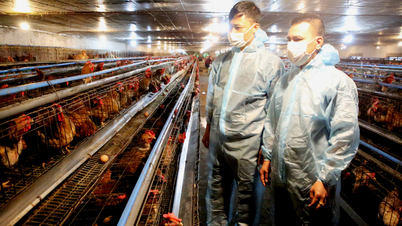





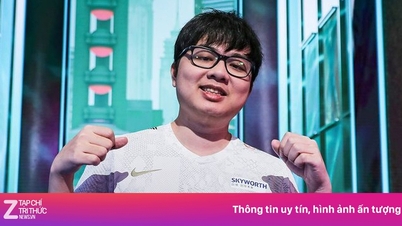

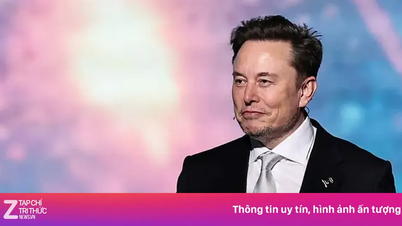
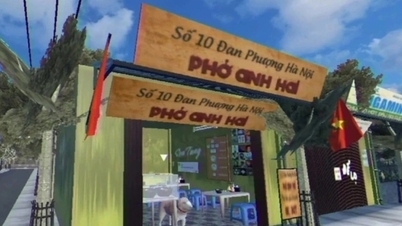







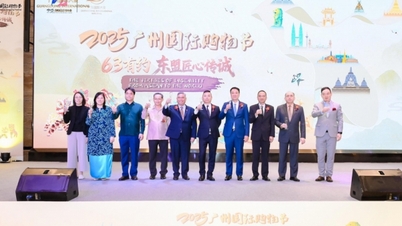


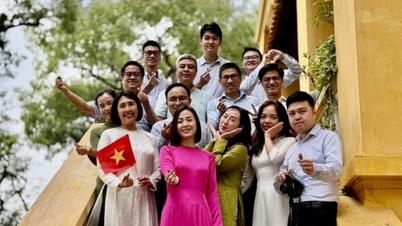








































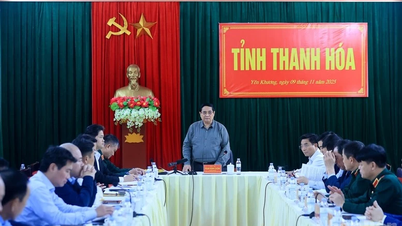



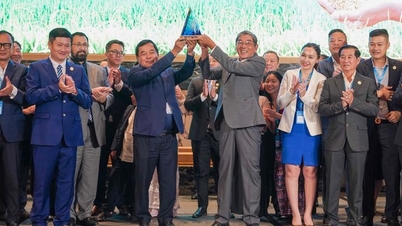



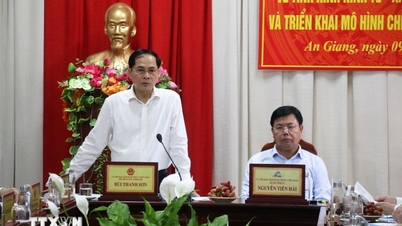



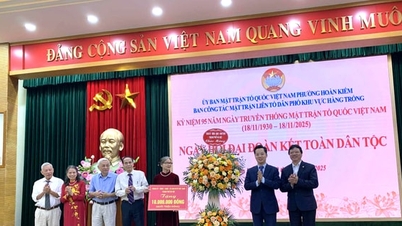







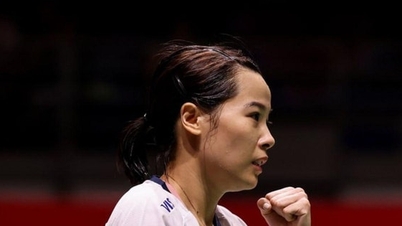














Comment (0)